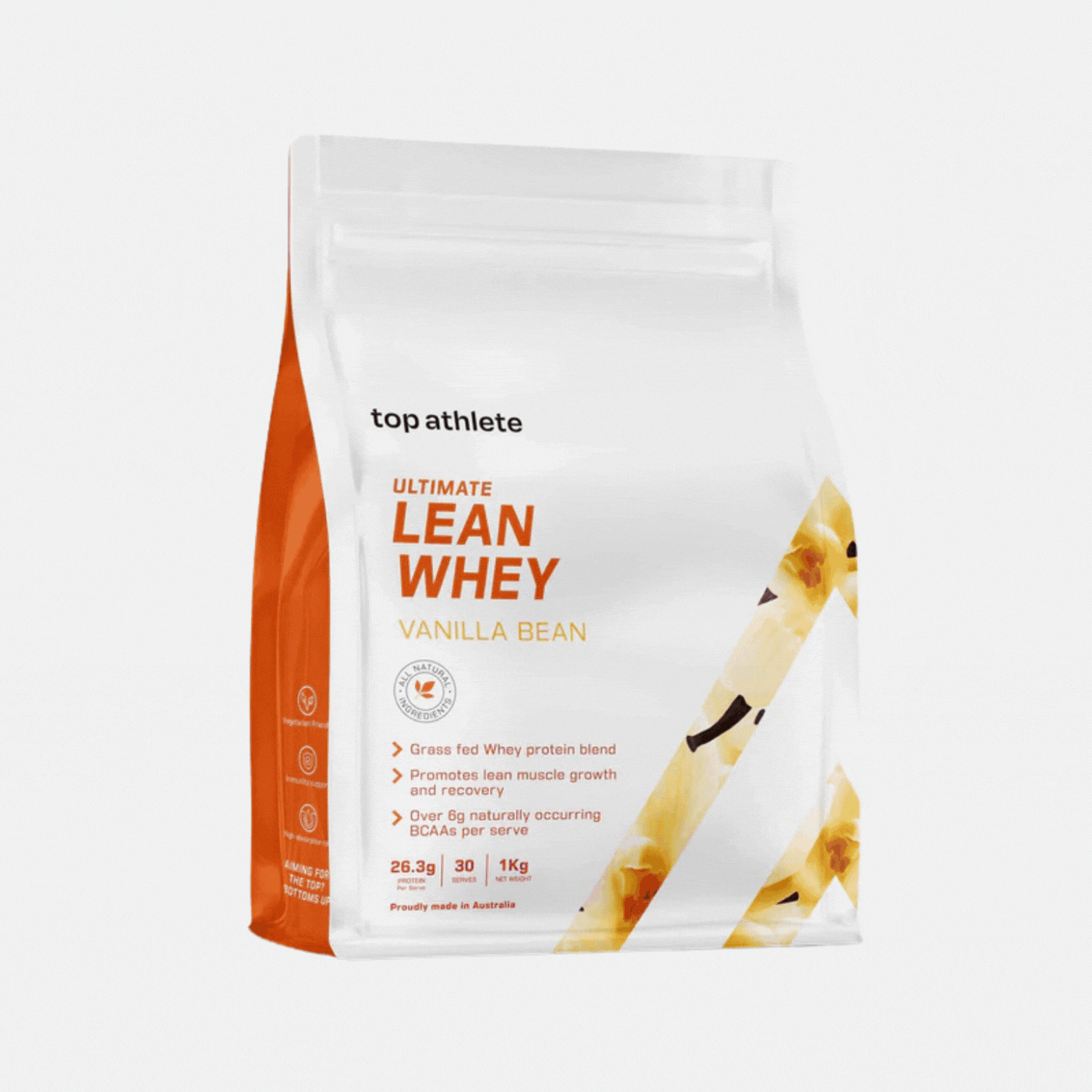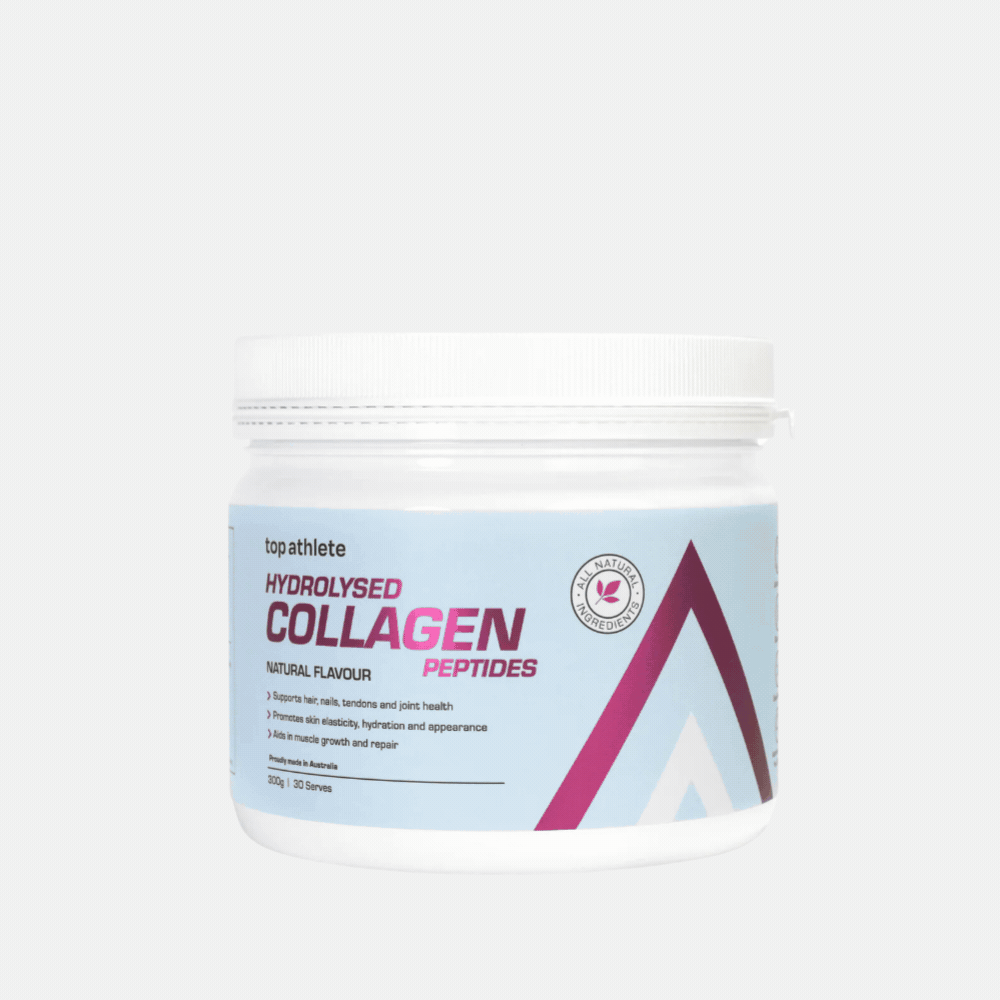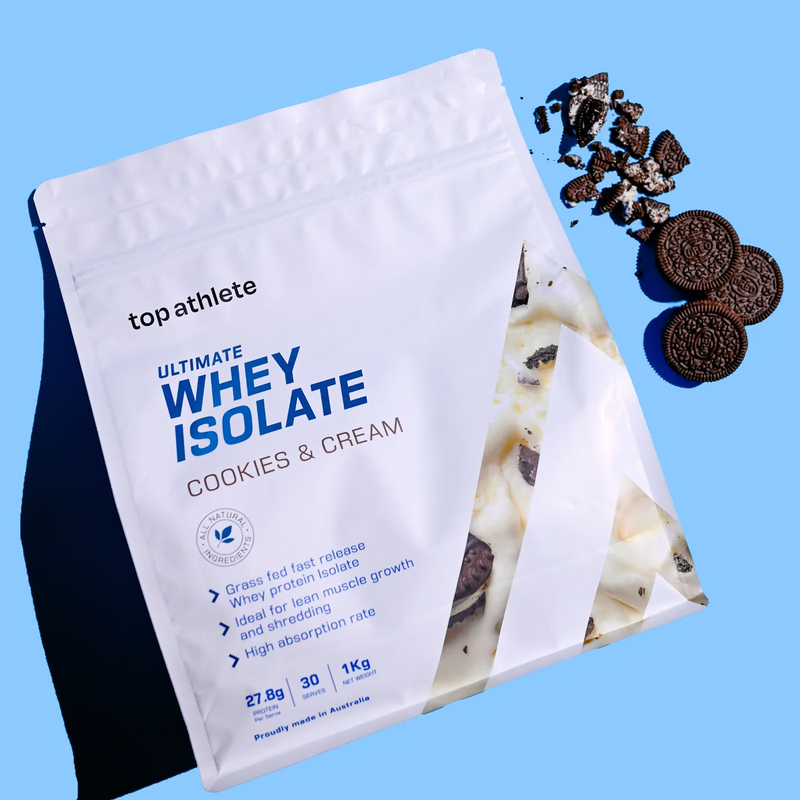Whey protein and plant protein are two different types of protein supplements, each derived from distinct sources and offering unique nutritional properties. Here are the key differences between the two:
Source:
- Whey Protein: Whey protein is derived from milk during the cheese-making process
- Plant Protein: Plant proteins are sourced from various plant-based foods, such as peas, soybeans, rice, hemp, chia seeds, pumpkin seeds, and many others.
2. Amino Acid Profile:
- Whey Protein: Whey protein is considered a complete protein, as it contains all nine essential amino acids that the human body cannot produce on its own.
- Plant Protein: Plant proteins, while also containing all nine essential amino acids, are sometimes limited in one or more of them. However, by combining different plant protein sources, individuals can ensure they get a complete amino acid profile.
3. Lactose and Allergen Content:
- Whey Protein: Whey protein contains lactose, a natural sugar found in milk. This can be an issue for people who are lactose intolerant or have a milk allergy.
- Plant Protein: Plant protein is naturally free from lactose and is a suitable alternative for individuals with lactose intolerance or milk allergies.
4. Taste
- Whey Protein: Whey isolate typically has a mild, neutral flavour with a slightly sweet undertone. Additionally, our flavoured varieties of whey isolate are available, offering options like chocolate, vanilla, cookies & cream, salted caramel and more, which can enhance the taste and versatility of the protein powder.
- Plant Protein: Plant proteins typically has a slightly earthy and nutty flavour with a hint of sweetness. Additionally, our flavoured varieties of plant protein are available, offering options like chocolate, vanilla and salted caramel which can enhance the taste and versatility of the protein powder.



